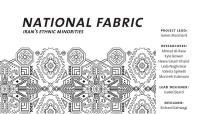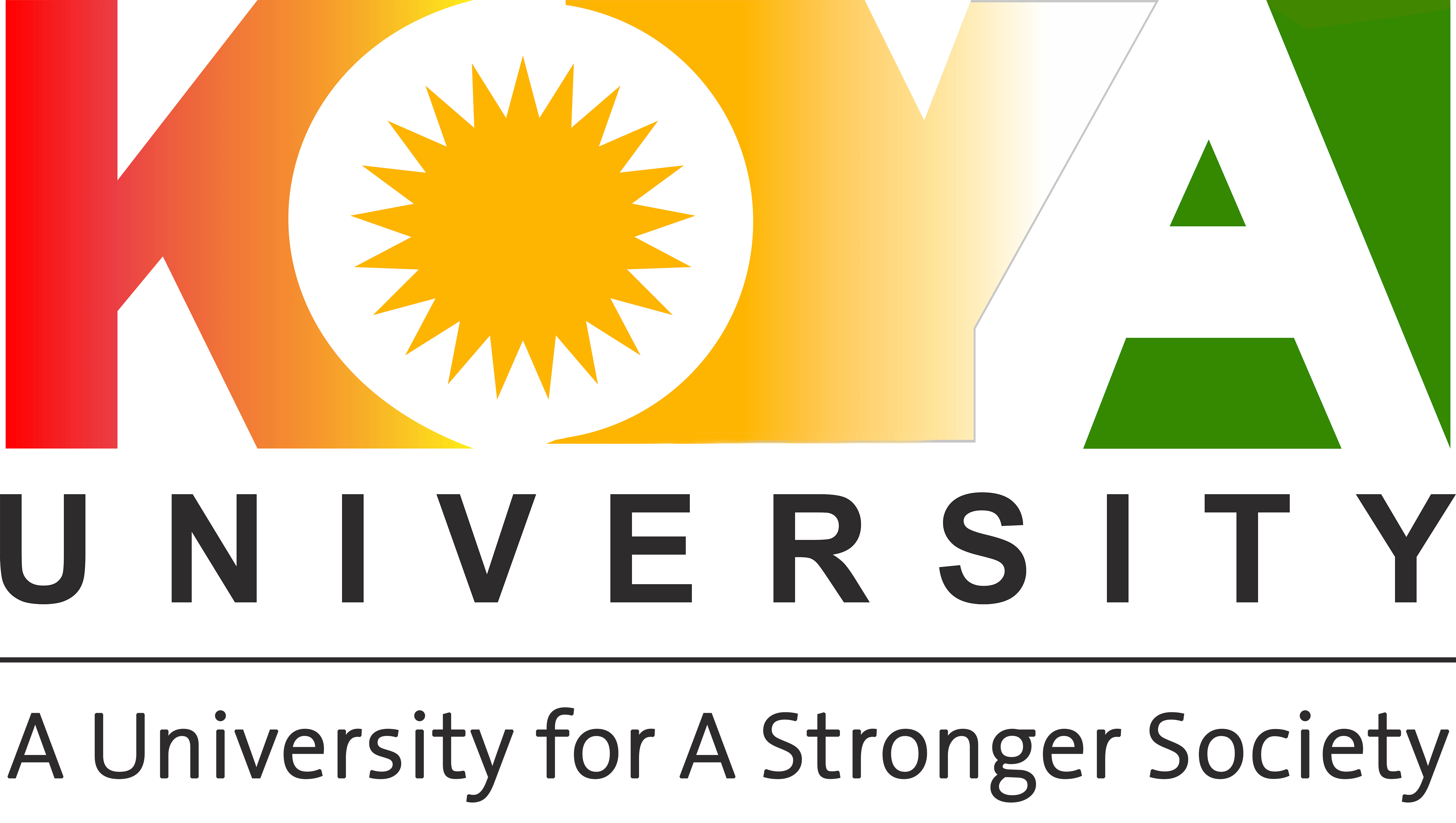Mr. Hiwa Salam, an instructor at the Kurdish department of Koya University participates in a research project of the British Small Media Academic Institute, which is about the oppressed ethnic minorities of the Iranian community. The research is dedicated to the eastern Kurdistan Kurds.
How he participated in the project
In an interview, Mr. Salam talked about his research and how he participated in it. Concerning his participation and choice of topic, he said, "In the developed countries the relevant institutions ask the universities or researchers to conduct research on a certain topic since the purpose of research is to find solutions for problems or to focus on a certain issue. In line with this, the Small Media Academic Institute which studies the Iranian community to reveal the dark sides of this community, designed a project entitled (National Fabric, Iran's Ethnic Communities) to investigate the situation of the Iranian ethnic communities, the rate of internet use among them and its effect on their language, culture and political opinions and beliefs." "After I expressed willingness to participate, I was delightedly assigned the task of conducting a research about the Kurdish community within Iran. Thus, I was able to prepare a 22-page research on the subject," he added.
Talking about the research, Mr. Salam stated "My research starts with an introduction to Kurds in general and the Iranian Kurds in particular. It also explains the geography of Kurdistan, Kurdish language, Kurdish religions, and a summary on the political life of the Iranian Kurds. The research also sheds light on the absence of political autonomy for Kurds within Iran and all the other obstacles and challenges that have been facing the Kurdish people especially in relation to absence of cultural and linguistic rights. Later analysis has been done to a number of websites and social network pages and reference has been made to whether there is a ban on any of them and the rate of their use by the community in eastern Kurdistan with explaining the effects of these websites and pages on the language, culture and political opinions of the Kurdish individual. For example, analysis has been done for the Bokan Literary Council as a literary and cultural movement within eastern Kurdistan, and for an agency like Kurdpa which is the organ of a banned political party in this area of Kurdistan."
The value of the research
Regarding the research topic, Mr. Salam says, "This topic is completely new for us as Kurds. It could be of value to direct the Iranian community via internet- since Iran is a closed country in many respects- for the purpose of maintaining language and culture of the ethnic minorities about whom the research has been conducted. Kurdish activists will certainly get benefit of the research in terms of better enhancing the Kurdish language and culture in the east and maintaining the spirit of Kurdism in the Kurdish youths."
Pleased with his research, Mr. salam says "What pleases me is that my effort is considered a scientific achievement, and in addition to appreciating my efforts, the Small Media Academic Institute has undertaken the task of printing my research in an advanced country like Britain; moreover, the researchers of Exeter University, where I obtained my Master's degree, contacted me asking for a copy of the research."
Concerning the main results of the research, Mr. Salam says, "What is interesting is that despite a ban on most of the websites and pages we have mentioned, there is still a large number of users in the east who, via different computer programmes, have been able to break the bans, in addition to the development of active and peaceful movements within the east to preserve the Kurdish language and culture. This has helped the eastern Kurdistan Kurds to maintain relations with the other parts of Kurdistan; therefore, it is possible to increase activities and make more achievements."
Time of publishing
With regard to the time of publishing the book, which contains five researches about the ethnic communities of Iran, he said,"In a near future, the whole project will be collected in a book and published on line and also as a printed copy." While conducting his research, the researcher visited the eastern Kurdistan region. Talking about the region, he mentions, "During the research I visited the areas of eastern Kurdistan and was pleased to find out that nowadays there are serious efforts to better enhance the Kurdish culture and language in Iran. A number of activities are being carried out In Kurdistan University in Sna city and also by different groups and missions, all of which are very promising."
Mr. Salam's research is written in English; however, he has decided to also publish it in Kurdish for the Kurdish readers. "I will try to translate all my researches into Kurdish once I find time," he added.
Personal profile
- Name: Hewa Salam Khalid
- Age: 27
- A graduate of Department of Kurdish Language (DKUR)/ Koya University (2009).
- Obtained MA degree from Exeter University in Britain.
- Currently a PhD student at Dicle University/Diyarbakir
His books and researches
- § دەترسم خاک هەڵبێت - ڕۆمان – ٢٠٠٨
- § Kurdish Dialect Continuum, as a Standardization Solution, IJOKS, January 2015
- § New Forms and Functions of Subordinate Clause in Kurdish, IJOKS, July 2015
- § The Effects of Social Networks on the Kurdish Language_ Rapareen University Journal (Not published yet)
- کاریگەری تۆڕە کۆمەڵایەتییەکان لەسەر زمانی کوردی - گۆڤاری زانکۆی ڕاپەڕین - هێشتا بڵاو نەبۆتەوە.
- § National Fabric, Iran's ethnic communities (Kurds, pp; 102-124) (will be published soon)
By : Koya University press room

